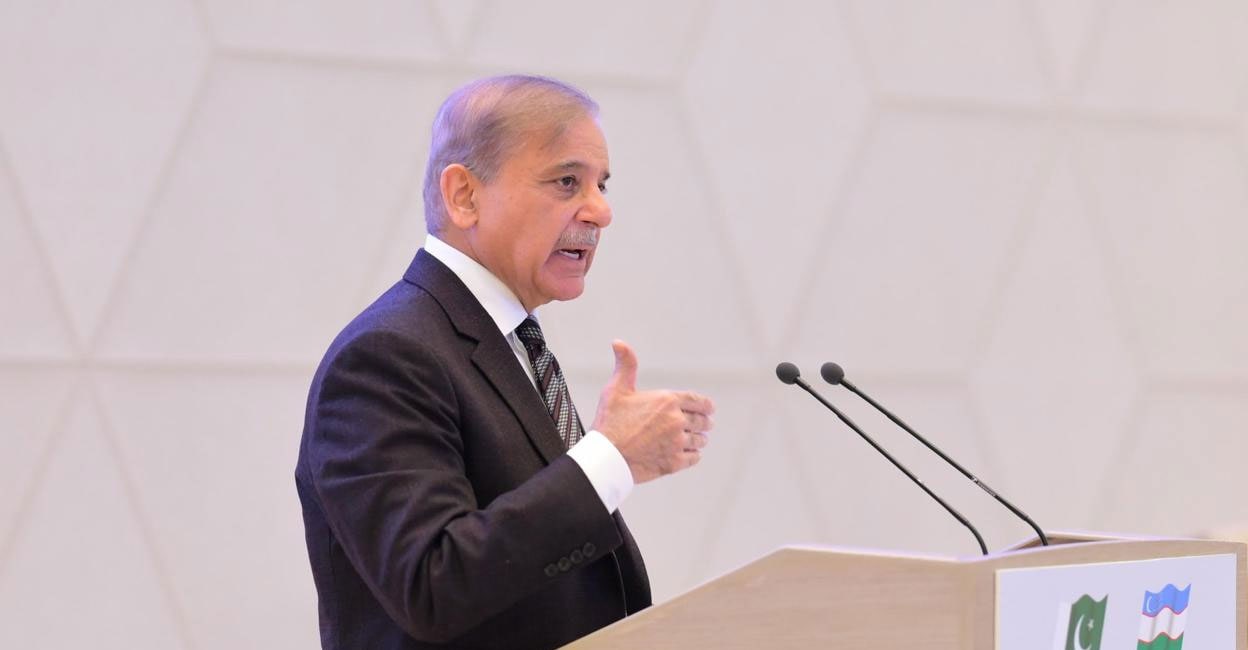Islamabad: Prime Minister Shehbaz Sharif on Friday rejected the “weaponisation of water” and warned that Pakistan would not allow India to cross the red line by holding the Indus Waters Treaty (IWT) in abeyance and endangering millions of lives for narrow political gains, reported PTI.
Speaking at the three-day International Conference on Glaciers’ Preservation in Dushanbe, Tajikistan, Sharif raised the issue of India’s recent move concerning the bilateral water-sharing treaty between the two countries.
“India’s unilateral and illegal decision to hold in abeyance the Indus Waters Treaty, which governs the sharing of the Indus Basin’s water, is deeply regrettable,” Dawn quoted the prime minister as saying.
“Millions of lives must not be held hostage to narrow political gains, and Pakistan will not allow this. We will never allow the red line to be crossed,” he told the gathering, which included over 2,500 delegates from 80 UN member states and 70 international organisations.
The event, hosted by the Tajikistan government in collaboration with the United Nations, UNESCO, World Meteorological Organisation (WMO), Asian Development Bank, and other international partners, marked a major effort toward glacier preservation and climate cooperation.
Sharif’s remarks came after India announced the suspension of the IWT following the April 22 terrorist attack in Pahalgam, as part of a series of punitive measures. The IWT, signed in 1960, governs the use and distribution of water from the six rivers of the Indus Basin between India and Pakistan.
The Pakistani premier also addressed a wide range of issues, including glacial preservation, Pakistan’s climate vulnerability, the devastating 2022 floods, and global responsibility in combating climate change.
“The world today bears fresh scars from the use of conventional weapons in Gaza that have left deep wounds. As if that were not enough, we are now witnessing an alarming new low — the weaponisation of water,” he said.
Highlighting Pakistan’s vulnerability, Sharif noted that the country is home to over 13,000 glaciers, which contribute nearly half of the annual flow in the Indus River system — a vital source for its civilisation, agriculture, and economy.
“The five great rivers that shape our geographical landscape — Indus, Jhelum, Chenab, Ravi, and Sutlej — all depend on the stability of glacial systems. This makes Pakistan one of the most vulnerable countries to any climatic changes that impact glaciers,” he added.
Sharif recalled how the 2022 floods, driven by glacial melt and extreme weather, destroyed millions of acres of crops, thousands of homes, and critical infrastructure, despite Pakistan contributing less than half a per cent to global emissions and still ranking among the ten most climate-vulnerable countries.
